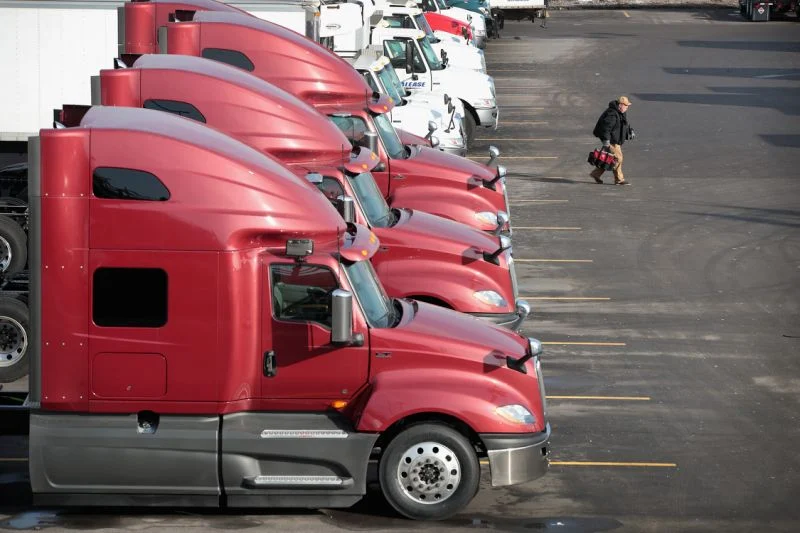
Source : Link
Google’s self-driving vehicle project – Waymo – is moving forward with plans to put autonomous trucks on the road, but industry experts are not worried that drivers will be displaced in the near future – or potentially ever.
I’m not the least bit concerned about truly driverless trucks,” Brian Fielkow, president of multimillion-dollar trucking and logistics company Jetco Delivery, told FOX Business. “I think we all see it is the future, and it will be here, but I think we’re getting ahead of ourselves.”
The reasons Fielkow believes the U.S. is decades away from seeing a truly driverless truck on the road include ill-equipped infrastructure, liability concerns and reservations from the public — other drivers.
WILL 2020 BRING MORE PAIN FOR THE TRUCKING INDUSTRY?
‘BRUTALLY TOUGH’ INSURANCE RATES HAMMERING TRUCKING COMPANIES
As automation becomes a more prevalent factor across nearly all sectors of the economy, the concern is that workers will eventually be displaced. And despite the fact that the trucking industry is facing a driver shortage – about 60,800 drivers in 2018 – there’s a worry that all drivers will lose their jobs at some point.
However, experts don’t believe that will be the case.
“Technology is going to bring the driver into the truck, not push them out,” Fielkow said. “[It will] redefine the role of the driver.”
John Kearney, president and CEO of Advanced Training Systems, agreed, telling FOX Business that the role of the driver will evolve alongside technological advancements. For example, he said, a driver may one day oversee the truck without being physically present inside of it – but someone will always be supervising the vehicle.
In fact, far from being detrimental, Kearney said advancements are actually highly beneficial for both drivers and freight companies.
“The effect on the industry – the movement of freight – is going to be significant because it’s going to increase safety,” Kearney said. “There’s a direct benefit – it’s going to improve safety, it’s going to make for safer drivers and less accidents.”
New trucks, for example, already come equipped with features like lane control warnings and automatic emergency brakes, which are part of the automation process. Those enhanced protections could draw even more prospective candidates to the field, including younger workers and women.
GET FOX BUSINESS ON THE GO BY CLICKING HERE
Despite ongoing testing, both industry insiders believe a truly autonomous truck on the road is decades from reality.
One big problem that companies will have to address is liability when there is an accident. If there is no driver present, fault may fall entirely on the truck manufacturer, Fielkow noted. As previously reported by FOX Business, fatal truck accidents can result in enormous penalties for those deemed responsible. Companies, therefore, may be reluctant to endorse operating the vehicles without a driver present.
Another issue is public perception. Kearney said it will likely be a long time before people are comfortable driving on the road alongside trucks that do not have drivers.
Concerns aside, Fielkow said he is excited about innovation in the industry as companies push ahead toward the goal of eventually selling fully self-driving trucks.
In a statement to FOX Business, Waymo confirmed that it was beginning to use minivans and long-haul trucks in Texas and parts of New Mexico to map commercial routes for its autonomous systems.
The company has tested its technology in self-driving class 8 trucks in states including California, Georgia and Arizona.
Other companies, including Tesla and Uber, are also developing self-driving semis.
